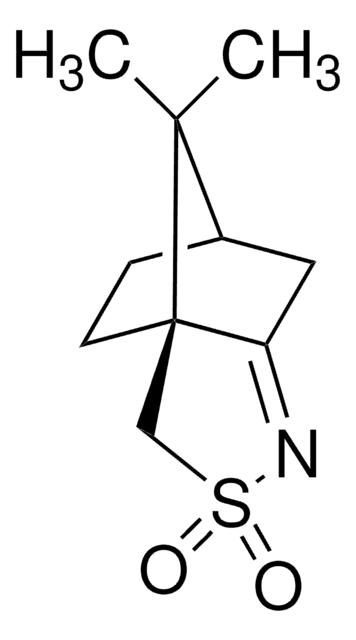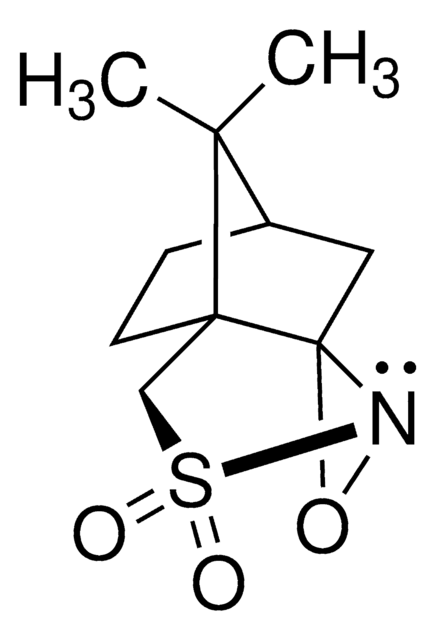362808
Reagent Alcohol
≥89% (GC), reagent grade, contains 5% isopropyl alcohol and 5% methyl alcohol as denaturant
Synonym(s):
Denatured ethanol, Ethyl alcohol, Reagent alcohol, Ethanol, RGA, denatured alcohol
About This Item
Recommended Products
product name
Reagent Alcohol, reagent grade
grade
reagent grade
Quality Level
vapor density
1.59 (vs air)
Assay
≥89% (GC)
form
liquid
contains
5% isopropyl alcohol as denaturant
5% methyl alcohol as denaturant
expl. lim.
3.1-27.7 % (lit.)
concentration
100%
impurities
≤0.1% water
evapn. residue
<0.0005%
bp
78 °C (lit.)
mp
-114 °C (lit.)
application(s)
sample preservation
InChI
1S/C2H6O/c1-2-3/h3H,2H2,1H3
InChI key
LFQSCWFLJHTTHZ-UHFFFAOYSA-N
Looking for similar products? Visit Product Comparison Guide
Related Categories
General description
Application
- Solvent in organic synthesis (Ex. Esterification reaction)
- Solvent for cytofluorimetric analysis
- Antimicrobial and disinfectant agent
- Cleaning
- Purification
- General Chemical Syntheses
Features and Benefits
Components
Signal Word
Danger
Hazard Statements
Precautionary Statements
Hazard Classifications
Eye Irrit. 2 - Flam. Liq. 2 - STOT SE 2
Target Organs
Eyes,Central nervous system
Storage Class Code
3 - Flammable liquids
WGK
WGK 2
Flash Point(F)
48.2 °F - closed cup
Flash Point(C)
9 °C - closed cup
Personal Protective Equipment
Certificates of Analysis (COA)
Search for Certificates of Analysis (COA) by entering the products Lot/Batch Number. Lot and Batch Numbers can be found on a product’s label following the words ‘Lot’ or ‘Batch’.
Already Own This Product?
Find documentation for the products that you have recently purchased in the Document Library.
Our team of scientists has experience in all areas of research including Life Science, Material Science, Chemical Synthesis, Chromatography, Analytical and many others.
Contact Technical Service









